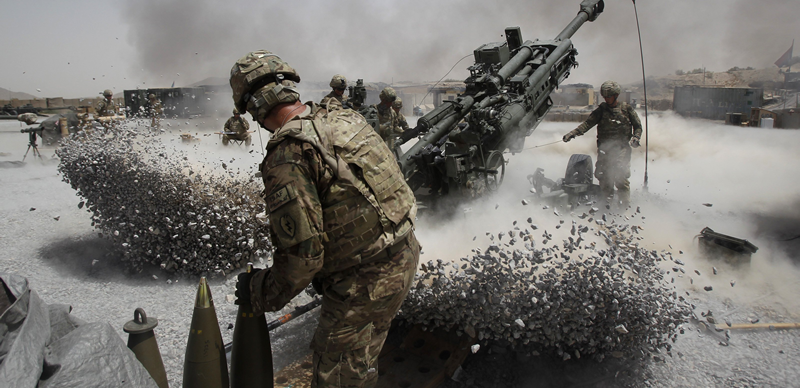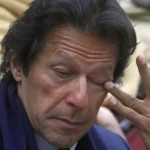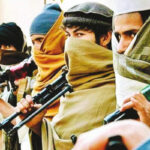The United States have lost the war in Afghanistan. It is not something for us to gloat about but more a matter to look at very seriously since it has implications for Pakistan.
Some causes for the US defeat:
- The US lost the war because they continued to blame Pakistan for their reverses and thus kept addressing the wrong cause. The causes lay within but with short tenures in Afghanistan, it was easier to blame it on Pakistan than address the real reasons. No US General has been held responsible.
- The US were led by the nose by an Afghan intelligence and their opinion was shaped by a hostile Afghan Government. Instead of addressing core issues, they ran around doing superficial things on the periphery. It resulted in a 38 billion drug trade; 90% of the world drug produce and marketing.
- The enemy played the US-Pak alliance and both resorted to proxy wars to better their own position. India exploited this to the hilt and the US was led to focus on Haqqani Network while the war was within Afghanistan. The alliance was the center of gravity in the this war and yet was the first to unravel.
- The US turned this war against the Pushtuns, set up an artificial government and forced a constitution down Afghan throats that was unacceptable. The Afghans had not done a single act of terrorism against anyone and as such after dismantling Al Qaeda, the US had no legitimate objective. This became a popular war where a foreign occupation was being resisted.
- No one ever knew who was driving the US policy: The White House, Congress, Pentagon/CENTCOM, CIA or the State Department. Each component was insulated against the other and were either ignorant of what one was saying to the other and at times we heard contradictory views. This remained a war in search of strategy and had no firm direction.
- The SEGAR Report is another damning indictment of those managing the Afghan War. It evolved into a contractors haven with corruption at its height. The war slowly relegated into racketeering.
- Raising an Army from scratch in 4 years and expecting it to take over from the coalition was not only unrealistic but unprofessional. The manifestation of such remarkable stupidity lies in the Mazar-e-Sharif incident.
The options available to the US:
- Cut and run. This will cause a civil war and the Pushtuns will assert themselves throwing out the Northern Alliance. It will be violent and cause great losses.
- The US reinforce with about 10,000 troops and buy time to develop a negotiated settlement with the Pushtuns for power transfer. The least disruptive and most easiest to manage. The negotiations can only be about power transfer.
- Reinforce with a hundred and fifty thousand troops in an attempt to stabilize Afghanistan. The Russians would do to the US what the US did to the Soviets. It would lead to an unmitigated disaster for the US.
For Pakistan:
- Border management is a top priority so that no spillover affects Pakistan.
- Securing FATA is very important so that it does not get sucked into the Afghan civil war likely to erupt.
- India will be out so that should be helpful.
- Be prepared to assist in a power transfer negotiated settlement if asked but take no responsibility. Assist only in talks and not guarantee their outcome nor accept responsibility for implementation of what was agreed upon; it being a US-Afghan matter.
- Be prepared to help/coordinate Afghanistan in infrastructural development with Chinese and Russian help.
- Concentrate on CPEC and try and integrate Afghanistan into it. This would make the Western Corridor the most significant and it should be developed now.
Lt. General Tariq Khan (Retired), an erudite general from Pakistan’s Armored Corps and a decorated War Veteran, is an expert on critical issues related to Terrorism & Insurgencies. General Tariq Khan during the Battle of Bajaur, transformed and re-shaped Frontier Corps into a relentless fighting force and raised FC’s own special forces popularly known as SOG. Commanded and led major operations in FATA from the frontline, his model on counter-insurgency is still applied to this day.
Lt. General Tariq Khan (Retired) leads CommandEleven’s Board of Advisors as our Patron-in-Chief.








